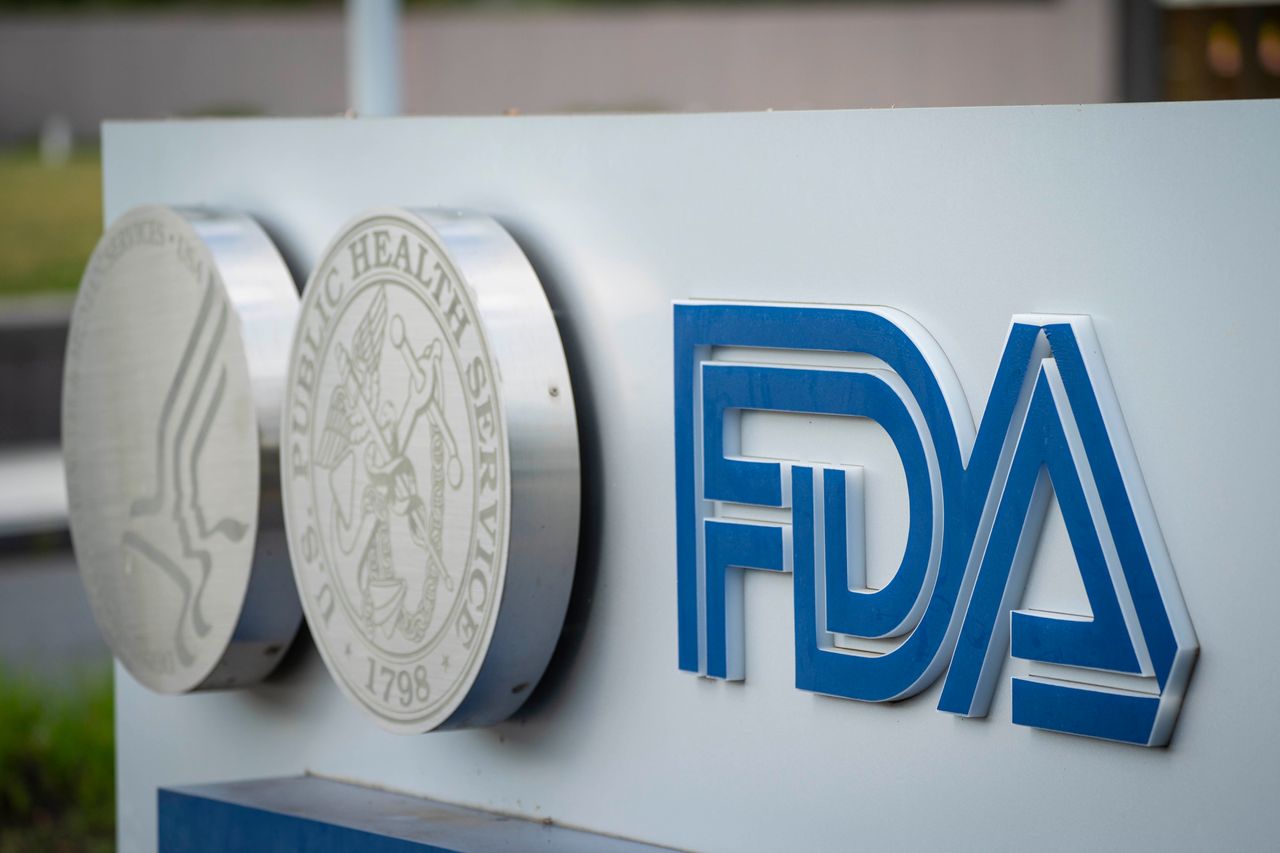The U.S. Food and Drug Administration (FDA) has rejected the approval of a novel PTSD treatment based on MDMA, a psychoactive drug commonly known as ecstasy or molly. Lykos Therapeutics, the developer of the therapy, announced on Friday that the FDA’s decision was based on concerns regarding the data submitted for review.
MDMA has been a focal point for advocates who believe it holds potential beyond its recreational use, with possible applications in treating mental health disorders such as PTSD, anxiety, and depression. However, the FDA’s decision reflects a vote by its expert panel, which reviewed Lykos’ application and raised several issues.
During a June meeting, the panel expressed concerns about the clinical trial’s execution, citing a “striking lack” of documentation on whether participants had misused the drug. The panel also highlighted issues with the trial’s design and called for more robust evidence.
In response to the FDA’s decision, Lykos has been asked to conduct an additional late-stage trial to further evaluate the drug’s safety and efficacy. The company plans to request a meeting with the FDA to seek reconsideration and discuss potential pathways for resubmitting their application.
“The FDA’s request for another study is deeply disappointing,” said Amy Emerson, CEO of Lykos Therapeutics. She added that while another phase 3 study would take years to complete, the company believes that existing data, post-approval requirements, and scientific literature could address the FDA’s concerns.
The treatment, which involves MDMA capsules administered alongside therapy sessions with licensed mental health providers, was tested in late-stage trials involving over 190 patients. Lykos reported that most participants experienced a significant reduction in PTSD symptoms compared to those who received a placebo.
PTSD, often triggered by extreme stress such as war or personal trauma, affects approximately 13 million Americans. While the FDA’s decision is a setback for Lykos, it does not necessarily impact other psychedelic research initiatives. As noted by Evercore ISI analyst Gavin Clark-Gartner, other entities in the psychedelic space are pursuing drug development and trials with different approaches.
The FDA’s decision comes amid broader efforts to explore the therapeutic potential of psychoactive substances. The Institute for Clinical and Economic Review, a nonprofit that assesses clinical trials and drug costs, had previously indicated in a June report that there was insufficient evidence to substantiate the benefits of MDMA-assisted PTSD treatment.
While this development is a blow for those advocating for MDMA as a treatment, it underscores the need for further research and rigorous clinical trials to establish the efficacy and safety of such therapies.




